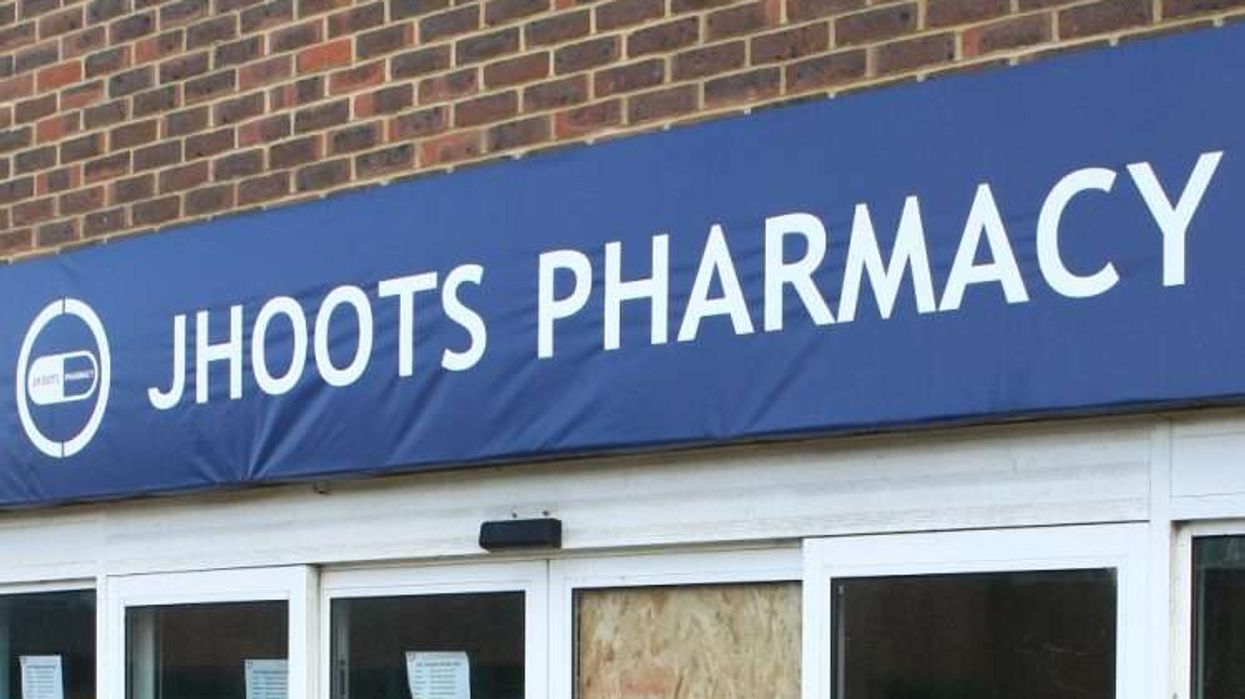The Health and Social Care Committee (HSCC) has undertaken an inquiry into prevention and has published its first report of the series which focuses on vaccination.
It has announced ten workstreams that will form the basis of inquiry, of which vaccination is one.
HSCC said: “The UK has long been one of the world leaders on vaccination - one of the most successful and cost-effective preventative tools available. However, if challenges around uptake and bureaucratic processes in clinical trial set-up are not addressed, there is a very real risk that the UK’s position as a global leader could be lost. This cannot be allowed to happen and in this report we set out some of the steps that we think will make a difference.”
It recommended a more flexible delivery model making use of a wider range of healthcare professionals.
“The NHSE vaccination and immunisation strategy must have a strong focus on tackling practical challenges that limit vaccination access, make best use of a wider array of professionals, empower local leaders to pursue ways of addressing uptake in their own areas, and to set out guidance and examples of best practice around how voices other than NHSE can communicate important messaging around vaccination programmes,” it suggested.
Malcolm Harrison, Chief Executive of the CCA said: “We welcome the Committee’s report on vaccination. Community pharmacy can be the home for all vaccinations. We have an amazing track record – over the 2022/23 winter vaccination programme, pharmacies administered a record-breaking 5m+ flu vaccinations.
The CCA’s prospectus1 estimates that the sector can free up a further 10m+ GP vaccination appointments annually, which would free up GP capacity.
Community pharmacy offers an accessible and convenient place for patients to receive vaccinations. In the longer term, we want to see community pharmacy involved in all vaccination programmes and helping to drive uptake, especially for those in deprived communities.”
Ben Lucas, Managing Director at MSD and ABPI Board member, submitted evidence to the inquiry on behalf of the ABPI. He said, “The UK has historically had a strong record on vaccination, so it is frustrating to see rates going in the wrong direction when better preventative measures could ease wider pressures on the NHS. To get back on track, we must look at the whole immunisation journey, from development, to assessment, through to getting vaccines to those who need them.
“Firstly, we must fix the slow and bureaucratic set up of clinical trials to streamline innovation. Next, we need to ensure our regulators and independent scientific advisers have the resources they need to properly assess new vaccines quickly. Finally, we need the right data and healthcare teams in place to deliver flexible vaccination services tailored to the needs of local communities and underserved populations.
“We welcome the Committee’s comprehensive report and look forward to seeing the forthcoming NHS vaccination strategy, which we hope will put these recommendations into action without delay.”











